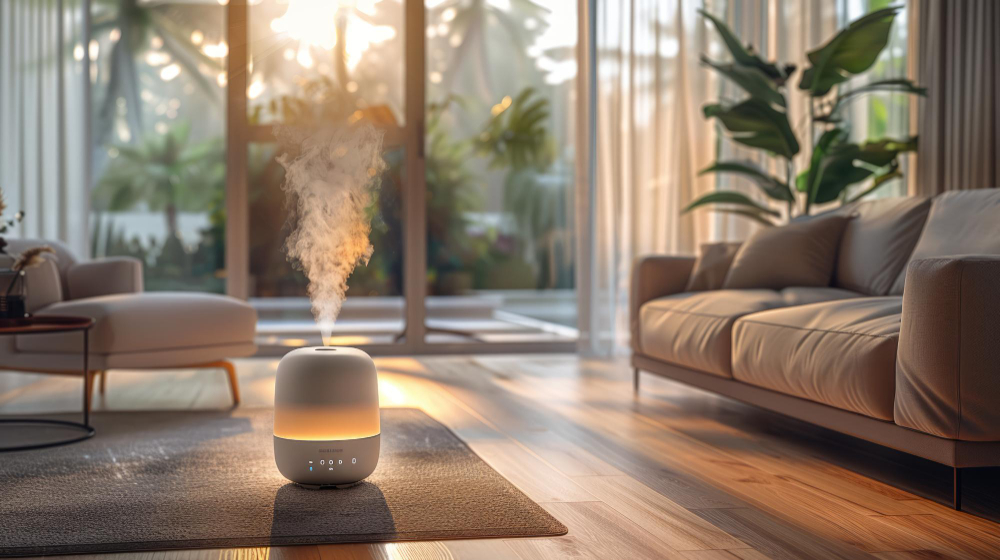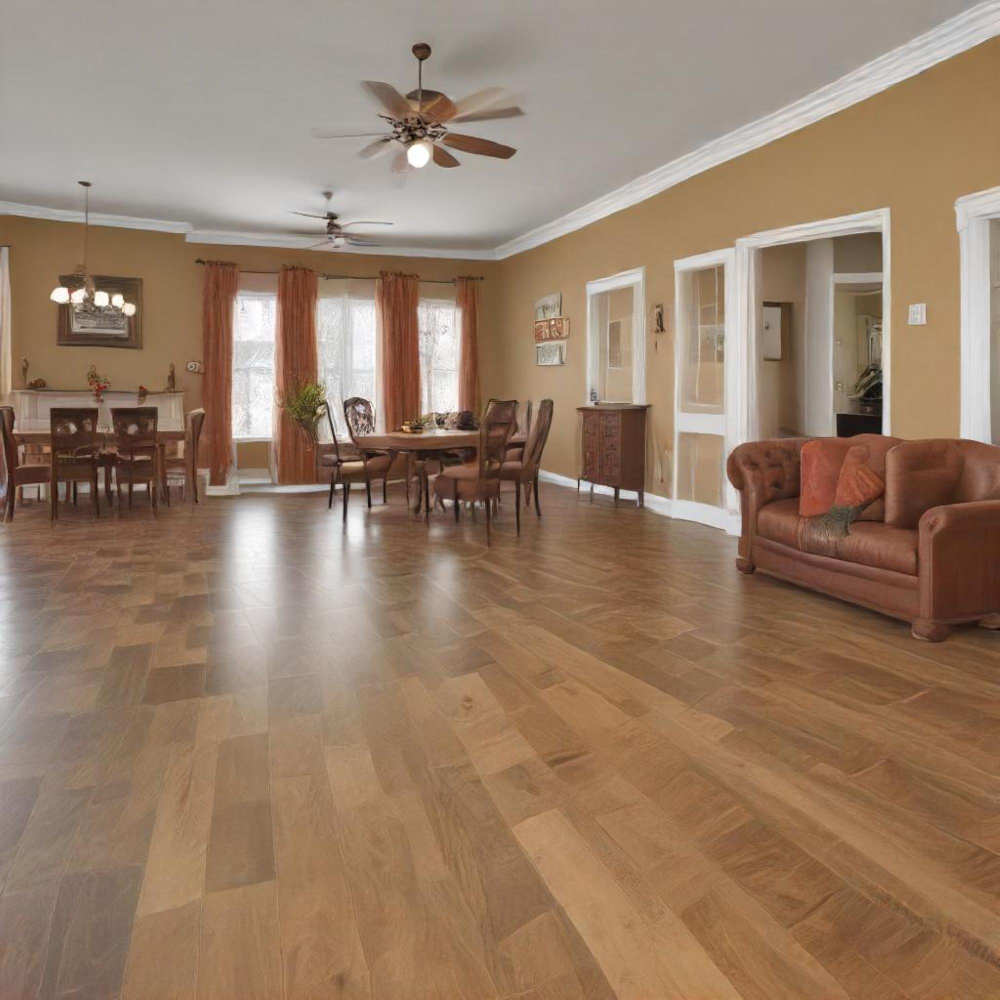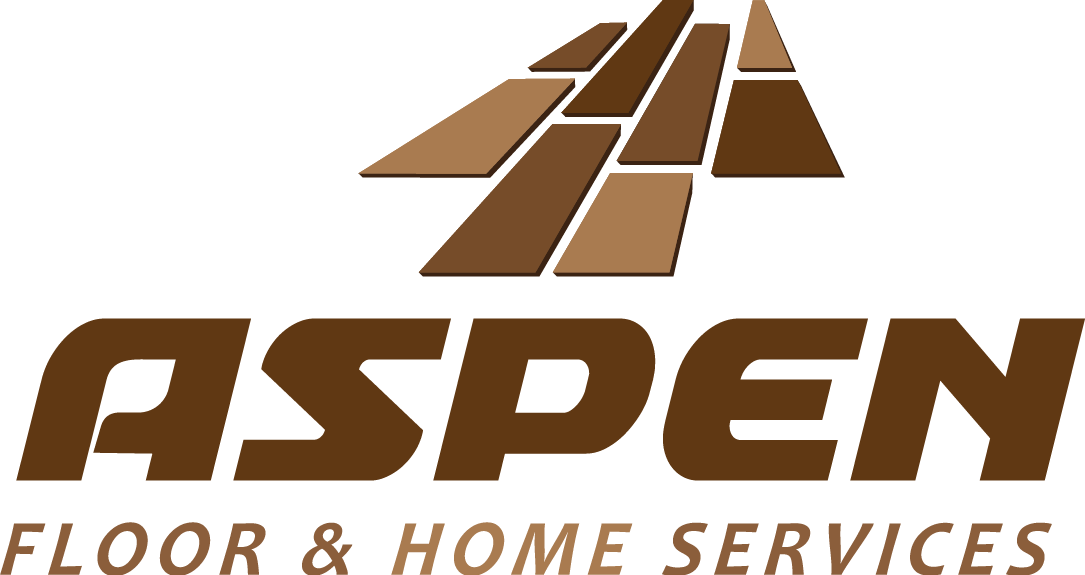As a homeowner in Denver, CO, hardwood floor installation can elevate the aesthetic appeal and value of your living space.
However, the success of your flooring project depends on careful planning, expert craftsmanship, and an understanding of Denver’s unique climate challenges.
In this article, we’ll explore three critical factors that contribute to a flawless hardwood floor installation in the Mile High City.

Understanding the Impact of Denver’s Dry Climate on Hardwood Flooring
Denver’s semi-arid climate poses distinct challenges for hardwood floors. The city’s low humidity levels can lead to
- Shrinkage
- Cracking
- Warping
To mitigate these effects, consider:
| Challenges | Causes | Solutions |
|---|---|---|
| Shrinkage | Low humidity | Use humidifiers to maintain 35-55% indoor humidity |
| Cracking | Dry air causing wood to contract | Acclimate wood prior to installation |
| Warping | Uneven moisture content | Choose dimensionally stable wood species |
Maintaining consistent indoor humidity levels between 35-55% is crucial for preventing moisture-related issues.
Invest in a high-quality humidifier to protect your investment in hardwood flooring.
Choosing the Best Hardwood Species for Denver’s Weather Conditions
Selecting the right hardwood species is key to ensuring your floors withstand Denver’s climate.
Some of the best options include:
- Hickory
- White Oak
- Red Oak
- Maple
| Species | Janka Hardness Rating | Stability | Grain Pattern |
|---|---|---|---|
| Hickory | 1820 | Excellent | Varied, distinctive |
| White Oak | 1360 | Very Good | Straight, subtle |
| Red Oak | 1290 | Good | Slightly varied |
| Maple | 1450 | Good | Straight, uniform |
When choosing a hardwood species, consider its:
- Hardness (resistance to denting)
- Dimensional stability (resistance to expansion/contraction)
- Aesthetic appeal (grain pattern, color)
Hickory and White Oak are excellent choices for their exceptional hardness and stability, while also offering unique grain patterns that add character to your home.
The Importance of Acclimating Hardwood Flooring Before Installation
Acclimation is the process of allowing hardwood flooring to adjust to the moisture content and temperature of the installation environment.
Proper acclimation is essential for preventing issues like:
- Gaps between planks
- Cupping (edges of planks curling up)
- Buckling (planks lifting off the subfloor)
| Step | Description | Duration |
|---|---|---|
| 1 | Store wood in installation room | Minimum 3 days |
| 2 | Maintain room temperature between 60-80°F | Throughout acclimation |
| 3 | Measure wood moisture content | Until it reaches 6-9% |
To properly acclimate your hardwood flooring:
- Store the wood in the room where it will be installed for at least 3 days
- Maintain a consistent room temperature between 60-80°F
- Use a moisture meter to ensure the wood reaches a moisture content of 6-9%
Skipping or rushing the acclimation process can lead to costly repairs down the line.
Trust your flooring professional to guide you through this critical step.
Best Practices for Hardwood Floor Installation in Denver
Once you’ve selected your hardwood species and acclimated the materials, it’s time for installation. To achieve a flawless finish:
- Maintain consistent indoor temperatures between 60-80°F during and after installation
- Ensure the subfloor is clean, dry, and level
- Use the proper adhesive and fasteners for your specific flooring type
- Allow the finish to cure completely before walking on the floors or placing furniture
Hiring a professional installer who is familiar with Denver’s unique climate is crucial for ensuring a long-lasting, beautiful hardwood floor.
Selecting the Right Hardwood Floor Installer for Denver’s Unique Climate
When choosing a hardwood floor installer, look for:
- Experience with Denver’s climate challenges
- Knowledge of proper acclimation and installation techniques
- Positive reviews and testimonials from past clients
- Licensing and insurance
- Warranty on labor and materials
Don’t hesitate to ask potential installers about their experience and approach to hardwood floor installation in Denver.
A reputable professional will be happy to answer your questions and provide references.
Why a Flawless Hardwood Floor Installation in Denver Matters
Investing in a professional, climate-appropriate hardwood floor installation offers numerous benefits, including:
- Enhanced aesthetic appeal
- Increased home value
- Improved indoor air quality
- Long-lasting durability
By taking the time to understand Denver’s unique climate challenges, select the right hardwood species, acclimate the materials properly, and hire an experienced installer, you can enjoy a beautiful, durable hardwood floor that stands the test of time.

FAQs
How does Denver’s dry climate affect hardwood flooring installation?
Denver’s low humidity can cause hardwood to shrink, crack, or warp if not properly acclimated and installed. Maintaining consistent indoor humidity levels between 35-55% is crucial for preventing moisture-related issues.
What is the best type of hardwood for Denver’s weather?
Hickory and White Oak are excellent choices for their exceptional hardness and stability, while also offering unique grain patterns that add character to your home.
Why is acclimation crucial before installing hardwood floors in Denver?
Acclimation allows the hardwood to adjust to the moisture content and temperature of the installation environment, preventing issues like gaps, cupping, and buckling.
What steps can you take to ensure a flawless finish during hardwood floor installation?
Maintain consistent indoor temperatures, ensure the subfloor is prepared properly, use the correct adhesive and fasteners, and allow the finish to cure completely before use.
How do you choose a hardwood floor installer experienced in Denver’s unique climate?
Look for installers with experience in Denver’s climate, knowledge of proper techniques, positive reviews, licensing and insurance, and a warranty on their work. Don’t hesitate to ask questions and request references.

